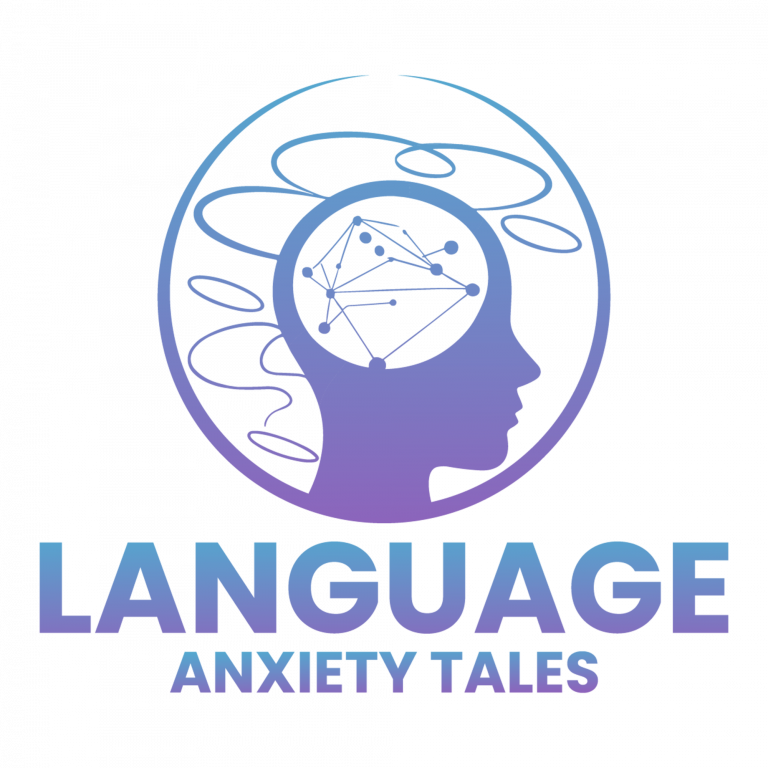Photo by Christopher Ott on Unsplash
Native Language Anxiety
Understanding the Emotional Barriers of Speaking Your Own Language
What is Native Language Anxiety?
Native Language Anxiety refers to the discomfort, fear, or nervousness that individuals may experience when using their first language. It can manifest in many ways – from an inability to express oneself clearly, to avoidance of social situations, or fear of being judged for how one speaks.
For those affected, the anxiety is not about the language itself, but often stems from societal pressures, family expectations, or past negative experiences. This anxiety can lead to isolation, difficulty in personal expression, and a strained relationship with one’s cultural identity.
The Obstacles of Living with NLA
Living with Native Language Anxiety can be particularly challenging in social contexts, such as family gatherings, professional settings, or public speaking. Individuals may feel like they are constantly being judged, which leads to stress, shame, and even the suppression of their true selves.
What Society Should Know
It’s important to understand that language preference is not just a superficial choice – it is tied to personal expression and identity. People should not be judged or stigmatized for how they speak their native language. The barriers they face are not just linguistic, but emotional and cultural.
The Study I Am Conducting
Through my research, I am investigating the factors contributing to Native Language Anxiety and how it impacts individuals. My goal is to explore these experiences, share insights, and provide a platform for those affected to express their feelings and stories. This study will contribute to fostering greater social understanding and tolerance.
